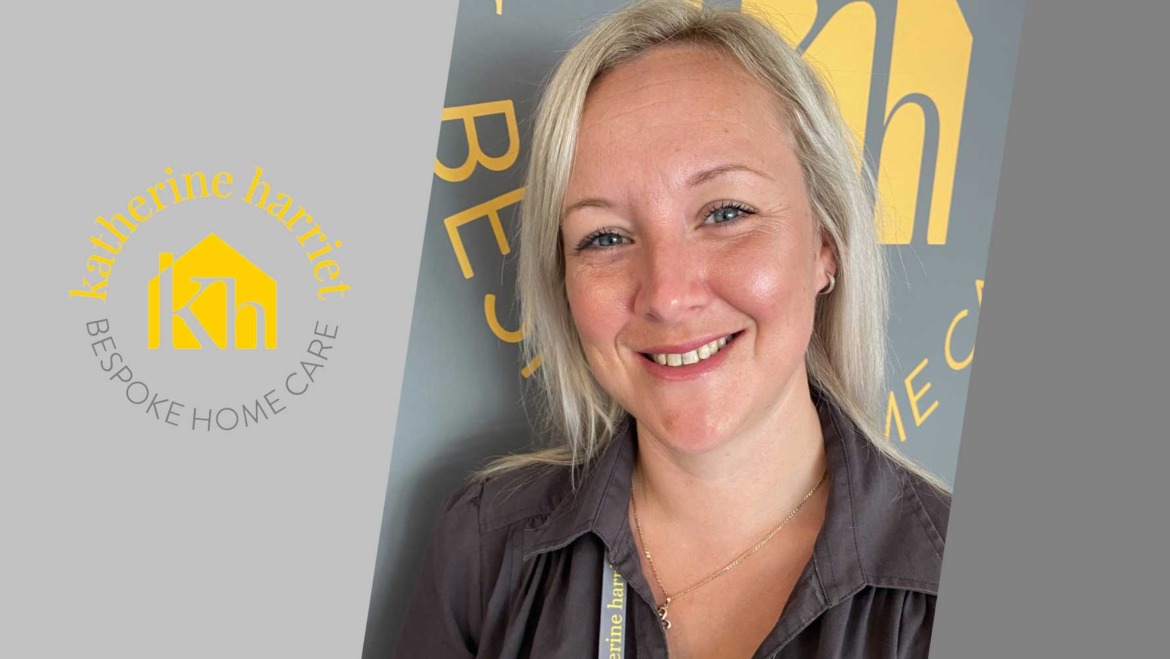Lucy Watkins talks about Anxiety
Anxiety is what we feel when we are worried, tense, or afraid – Particularly about things that are about to happen, or which we think can happen in the future.
WHAT IS ANXIETY?
Anxiety is a natural human response when we feel we are under threat. It can be experienced through pour thoughts, feelings, and physical sensations.
Most people feel anxious at times. It is particular common to experience anxiety whilst coping with stressful events of changes, especially if they could have a big impact on your life.
WHAT IS THE FIGHT, FLIGHT, OR FREEZE RESPONSE?
Like all animals, human beings have evolved ways to help us protect ourselves from danger.
When we feel under threat our bodies react realising certain hormones, such as adrenaline and cortisol, which can be helpful. These hormones make us feel more alert, so we can act faster to make our hearts beat faster, quickly sending blood to where it is needed most. After we feel the threat has passed, our bodies release other hormones to help our muscles relax. This can sometimes cause us to shake. This is commonly called the flight, flight, or freeze response – it is something that happens automatically, and we have no control over it.
WHEN IS ANXIETY A MENTAL HEALTH PROBLEM?
Anxiety can become a Mental Health problem if it impacts your ability to live your life as fully as you want it to. For example. It may be a problem if
- Your feelings of anxiety are very strong or last for a long time
- Your fears or worries are out of proportion to the situation
- You availed situations that may cause you to feel anxious
- Your worries feel very distressing or hard to control
- You regularly feel symptoms of anxiety which could include panic attacks
- You find it hard to go about your everyday life or do things you enjoy
If your symptoms fit a set of medical criteria, then you may be diagnosed with a particular anxiety disorder. But it is also possible to experience problems with anxiety without having a specific diagnosis.
THE AFFECTS OF ANXIETY
Physical effects of anxiety include:
- A churning feel in your stomach
- Feeling light head or dizzy
- Pins and needles
- Feeling restless or unable to it still
- Headache, back ache or other aches and pains
- Faster breathing
- Fast thumping or irregular heartbeat
- Sweating or hot flushes
- Sleep problems
- Grinding your teeth especially at night
- Nausea (feeling sick)
- Needing the toilet less or more often
- Changes in your sex drive
- Having panic attacks
Effects of Anxiety on your mind can include feeling:
- Tense, nervous, or unable to relax
- Having a sense of dread, or fearing the worst
- Feeling like the world is speeding up or slowing down
- Feeling like other people can see your anxious or looking at you
- Feeling like you cannot stop worrying or bad things will happen if you stop worrying
- Worrying about anxiety itself for example worrying about when panic attacks might happen
- Wanting lots of reassurance from other people or worrying that people are angry or upset with you
- Worrying you are losing touch with reality
- Low mood and depression
- Rumination – Thinking a lot about bad experiences, or thinking over a situation time and time again
- Depersonalisation – Is a type of disassociation where you feel disconnected from your mind or body or like you are a character you are watching in a film
- Derealisation – another type of dissociation where you feel disconnected from the world around you or like the world is not real
- Worrying a lot about things that may not happen in the future
WHAT CAUSES ANXIETY
Everyone’s experience of anxiety is different, so it is hard to know exactly what causes anxiety problems.
Research shows having a close relative with anxiety problems may increase your chances of experiencing anxiety problems yourself. This is sometimes called anxiety sensitivity.
PAST OR CHILDHOOD EXERINECES
Different experiences in childhood, adolescence or adulthood are a common trigger of anxiety problems. Going through stress and trauma when you are very young is likely to have a particularly big impact. Experiences that can trigger anxiety problems include things like
- Physical and emotional abuse
- Neglect
- Losing a parent
- Being bullied or socially excluded
- Experiencing racism
- Having parents that do not treat you warmly or overprotective can also be a factor
YOUR CURRENT LIFE SITUATION
- Losing someone close to you (sometimes called bereavement)
- Feeling lonely or isolated
- Being abused, bullied, or harassed, including experiencing racism
HOW CAN YOU HELP YOURSELF?
Living with anxiety can be very difficult but there are steps you can take that might help .
Talking to someone you trust about what’s making you anxious could be a relief. It may be that just having someone to listen to you and show they care can help in itself. If you are unable to open up to 7 close to you, the Samaritans and anxiety, UK, both run helplines, but you can call to talk to someone.
Try to manage your worries . Anxiety can make it really hard to stop worrying. You might have worry if you can’t control. Or you might feel like you need to keep worrying because it feels useful – all that bad things might happen if you stop. It can be helpful to try different ways of addressing these worries for example, you could
-Set aside a specific time to focus on your worries, so you can reassure yourself you haven’t forgotten to think about them . Some people find it helps to set a timer.
-Write down your worries and keep them in a particular place. For example, you could write them in the notebook, four pieces of paper you put in an envelope or a jar.
-Look after your physical health. Try to get enough sleep. Sleep can give you the energy to cope with difficult feelings and experiences.
-Try to do some physical activity. Exercise can be really helpful for your mental well-being.
-Breathing exercises can help you Cope and feel more in control . Breathe…. Always remember to breathe. Take time to inhale, it’s the simplest thing, but it’s forgotten in panic attacks.
-Mindfulness is a way of giving your full attention to the present moment . Some people find mindfulness helpful for coping with certain anxiety disorders.
-Keep a diary. It might help to make a note of what happens when you get anxious or have a panic attack. This could help you spot patterns in what triggers these experiences for you will notice early signs that they are beginning to happen.
-You could also make a note of what’s going well living with anxiety. It’s important to be kind to yourself and notice the good things too.
-Try keeping a photo diary of all the things you’ve managed to do, which will remind you “I can do this” You can look back when you feel scared… It encourages you that maybe you can do something again if you’ve done it before .
-Peer support brings together people who have had similar experiences to support each other . Many people find it helps them to share ideas about how to stay well connect with others and feel less alone.
You could :
Contact the specialist organisation. For example, you can find details of support groups, forums and helplines on the Anxiety Care UK, Anxiety UK, No More Panic, No Panic websites
Complimentary an alternative therapies help you manage your anxiety. There are many types that you can try to see what works for you.
These include:
- Yoga
- Meditation
- Aromatherapy
- Massage
- Reflexology
- Herbal treatments
- Bach flower remedies
- Hypnotherapy
Some people find one or more of these methods can help them to relax or sleep better.
Many chemist and health shops stock different melodies and should be able to offer advice.
WHAT OTHER TREATMENTS ARE AVAILABLE?
There is various evidence – based treatments that have been found to help with anxiety and panic disorder.
These are:
- Self-help resources – This may be offered by your GP
- Talking therapies like cognitive behavioural therapy or applied relaxation therapy
- Medications, which your doctor will advise
HOW TO ACCESS TREATMENT
To get treatment on the NHS, the first step is normally to visit your GP. They will do an assessment which might include asking you to fill in the questionnaire about how you often feel worried, anxious, and nervous.
They should explain your treatment options to, and you can then decide together what might suit you best.


